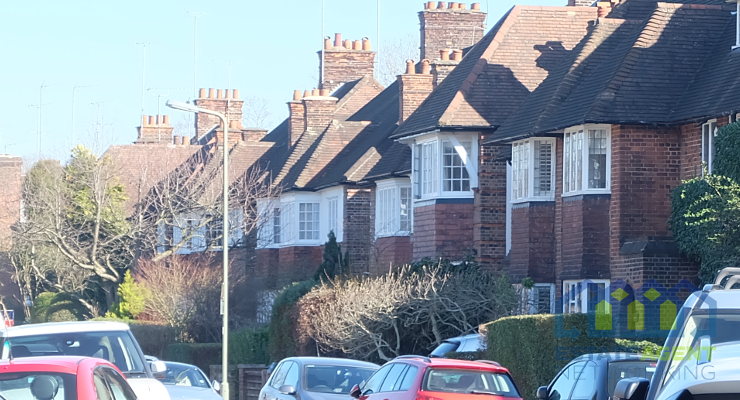Is £250 off your yearly energy bill worth living near a pylon?
Property expert weighs in on whether £250 off your annual energy bill is worth living near a pylon
A recent government announcement has promised that people living within 500 metres of new electricity pylons will be compensated with £250 off their energy bills each year. This is part of their plan to build thousands more pylons to make the UK’s energy generation system 95% carbon-free by 2030.
While an extra £250 per month is an attractive saving for everybody, many potential homebuyers are hesitant about moving near a pylon. Luckily, house buying experts at housebuyers4u have weighed up the advantages and disadvantages to reveal whether the annual saving is worth it.
Advantages of living near a pylon
The obvious advantage of living near a pylon is the £250 annual saving. However, in addition to this, property prices close to pylons are generally lower due to their location, meaning you may be able to buy a larger property for a lower price. This is especially advantageous for first time buyers, who may be working with a smaller budget.
Disadvantages of living near a pylon
On the flip side of securing a property for a lower price, it may be more difficult to sell a house close to a pylon should you choose to do so in the future.
Pylons also affect the aesthetics of an area. Many people don’t want to live near one simply because of how they look. It is down to personal preference whether or not this would be a dealbreaker.
Another common concern people have about living near a pylon is potential health risks. However, most studies have found that there is no link between electricity pylons and any health issues, meaning they are unlikely to be harmful. Despite this, if people have this perception, it can make living close to a pylon quite unappealing.
Is the £250 annual saving worth it?
Whether or not you choose to buy a home close to a pylon is completely down to personal preference and circumstances. For budget-focused buyers, living near a pylon may be an attractive option as it can bring savings in both property price and energy costs.
However, reduced property value and difficulty reselling, as well as aesthetic flaws, could impact your decision.
Ultimately, if you are planning to stay in your home for a long time or you aren’t bothered by the presence of a pylon, the financial benefits could significantly outweigh the negatives.
Paul Gibbens, property expert at housebuyers4u, has commented,
“Choosing to live near a pylon could be a smart financial move for people who want to prioritise saving money. For many people, an extra £250 per year in disposable income will be a great incentive.
“As plans to build more pylons across the UK go ahead in the coming months and years, living near one is definitely worth considering, especially for first-time buyers.”









